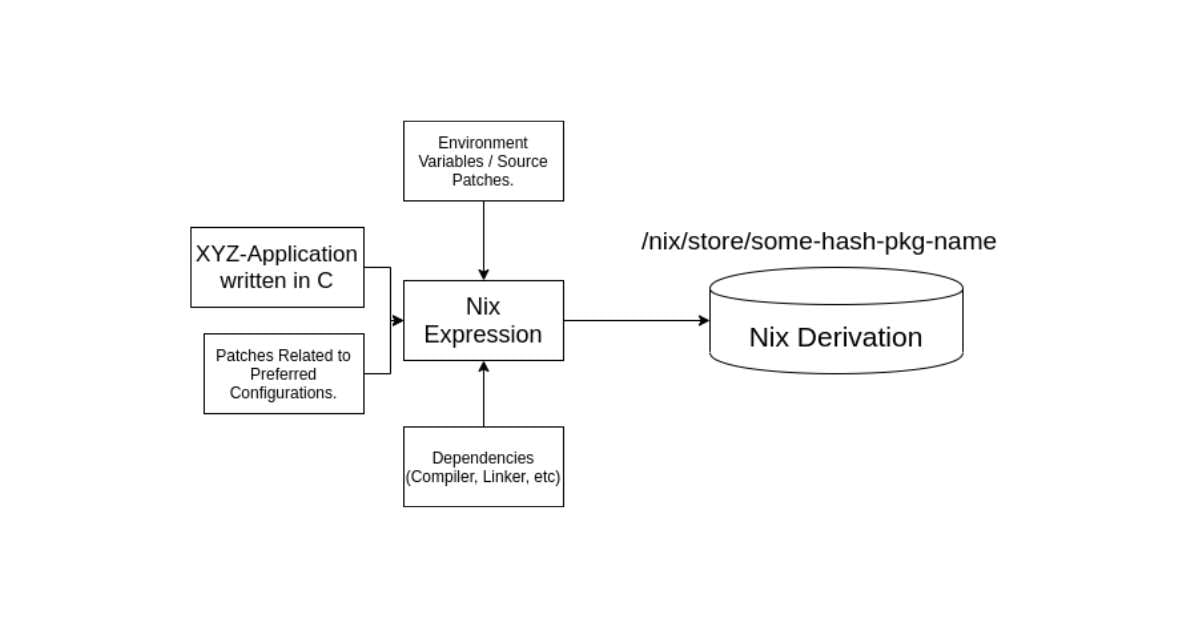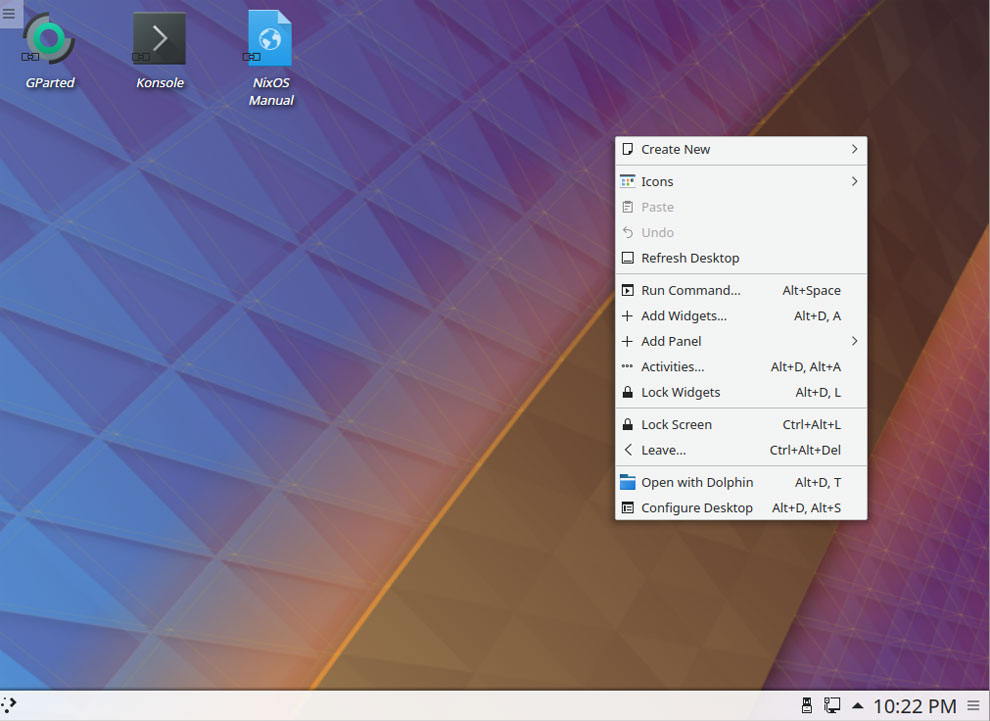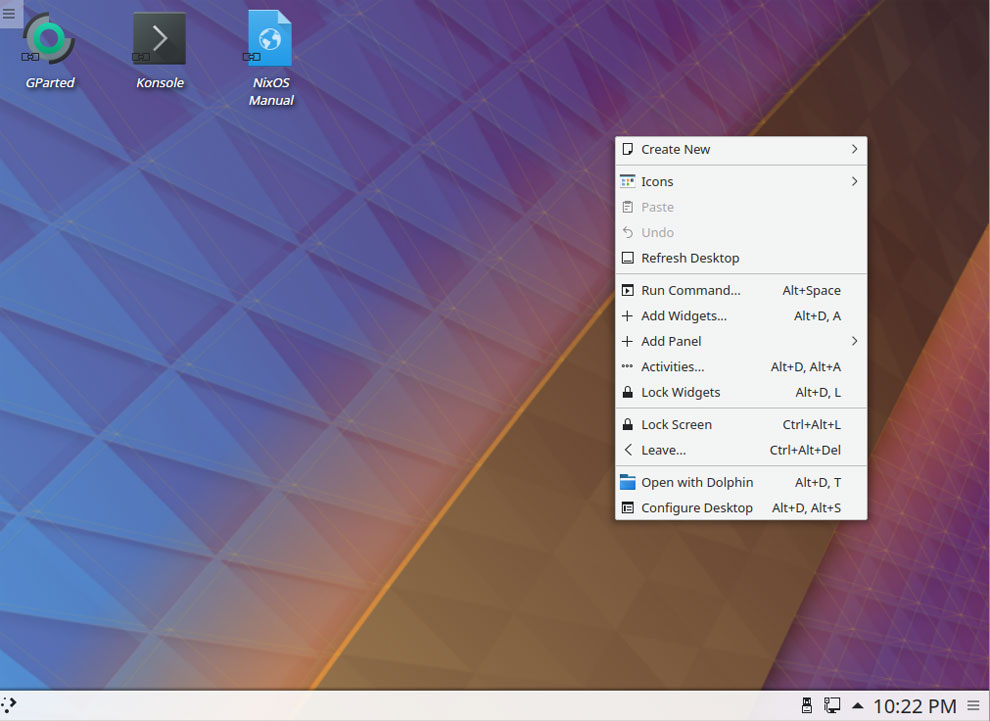
Celebrating 20 Years of Ubuntu: A Journey Through Time
In the world of Linux distributions, few names resonate as loudly as Ubuntu. Launched in October 2004, Ubuntu swiftly rose to become one of the most beloved operating systems, transforming the way we view Linux. Over the years, its journey has been marked by both triumphs and challenges, embodying the spirit of innovation and the occasional turmoil that defines the tech industry.
Ubuntu’s Legacy: A Celebration of 20 Years
Linux for Human Beings
Ubuntu was birthed from a vision: to make Linux accessible for everyone, not just technophiles. Its user-friendly interface and emphasis on community support have set a precedent, leading to an explosion of interest in open-source software. As an Ubuntu user myself, I’ve often been struck by how this distribution manages to combine flexibility with simplicity, allowing even the most novice users to transform their computing experience.
However, the journey has not always been smooth. Ubuntu has faced criticism over its frequent updates and changes, which some argue complicate the user experience. Yet, amid this criticism, what remains undeniable is the profound impact Ubuntu has had on millions of users worldwide.
Flavors and Offshoots
One of the most fascinating aspects of Ubuntu’s evolution is the creation of its various flavors and derivatives, such as Kubuntu and Xubuntu. Each variant caters to different user needs, be it performance, aesthetics, or specific use cases. From my experience switching through these flavors, it’s interesting to see how each offers a unique solution while remaining rooted in the original Ubuntu philosophy of community and usability.
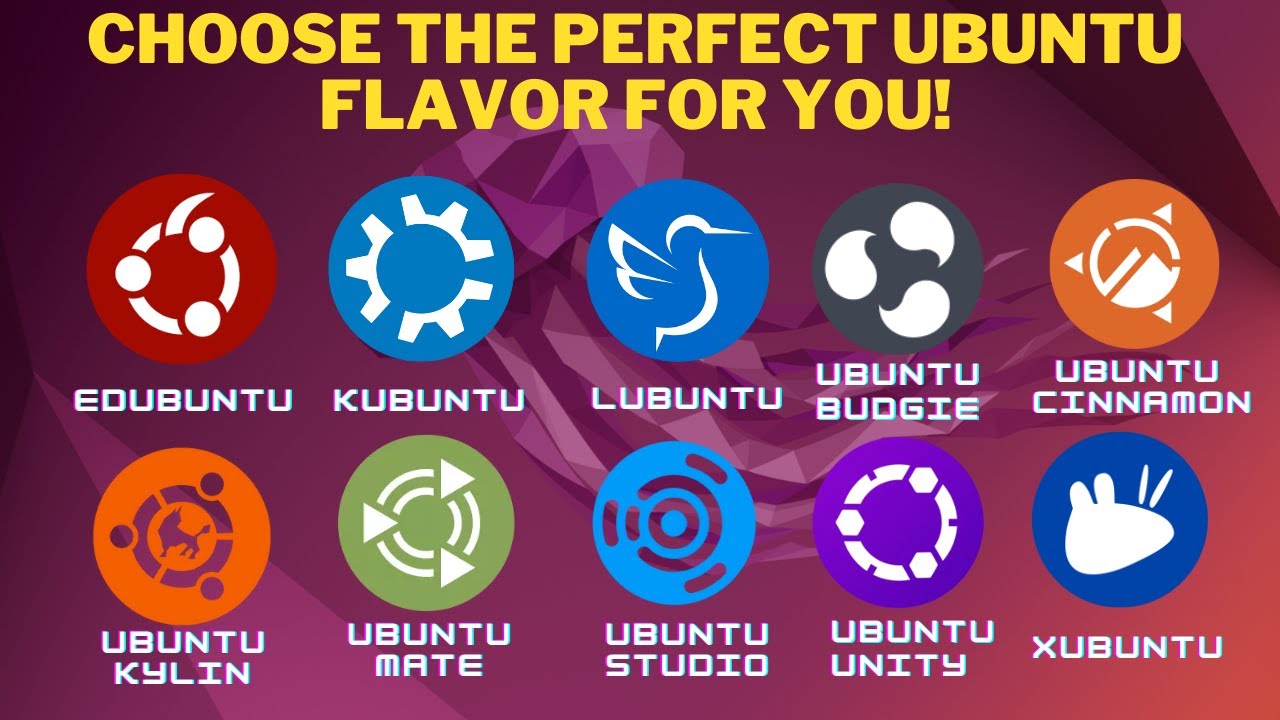 Diverse Flavors of Ubuntu: Tailored for Every User
Diverse Flavors of Ubuntu: Tailored for Every User
Navigating Through Business Models
Behind this incredible journey stands Mark Shuttleworth, the South African entrepreneur who not only financed Ubuntu but also envisioned its potential. After selling his SSL certification company for a staggering $575 million, Shuttleworth founded Canonical, the company that backs Ubuntu. His framing of himself as a “benevolent dictator” led to innovative directions, sometimes clashing with users and developers alike regarding the path forward for the platform.
Shuttleworth’s decisions often sparked debates. For instance, the shift to a snap package system in recent years has been met with mixed reactions. Some hail it as a leap towards modernizing how software is distributed, while others see it as a move that complicates the traditional Debian ecosystem. This ongoing dialogue resonates with my experiences, where I’ve found some snaps to be incredibly useful, though others can seem cumbersome.
The Future of Ubuntu
As we celebrate this 20-year milestone, it’s vital to gaze into the future. Ubuntu is at a crossroads, as new contenders like Fedora and Pop!_OS begin to claim their share of the Linux user base. What does the future hold? Will Ubuntu continue to lead, or will it be eclipsed by others that may offer a fresher perspective or more streamlined experiences?
In my opinion, the community is the lifeblood of Ubuntu. As long as it continues to prioritize open-source principles and embraces the feedback of its diverse user base, Ubuntu will remain relevant. The development of Ubuntu Desktop 24.10, which integrates cutting-edge features while trying to stay true to its roots, will undoubtedly provide insights into its ongoing journey.
Conclusion
Ubuntu’s fate is intricately tied to the evolution of the open-source community. As we look back at two decades of innovation, challenges, and growth, there’s a sense of anticipation for what lies ahead. The ability to adapt and listen to its community will be instrumental in shaping Ubuntu’s next chapter. I am excited to witness how this beloved distribution continues to evolve, ensuring it remains a staple in the world of technology.
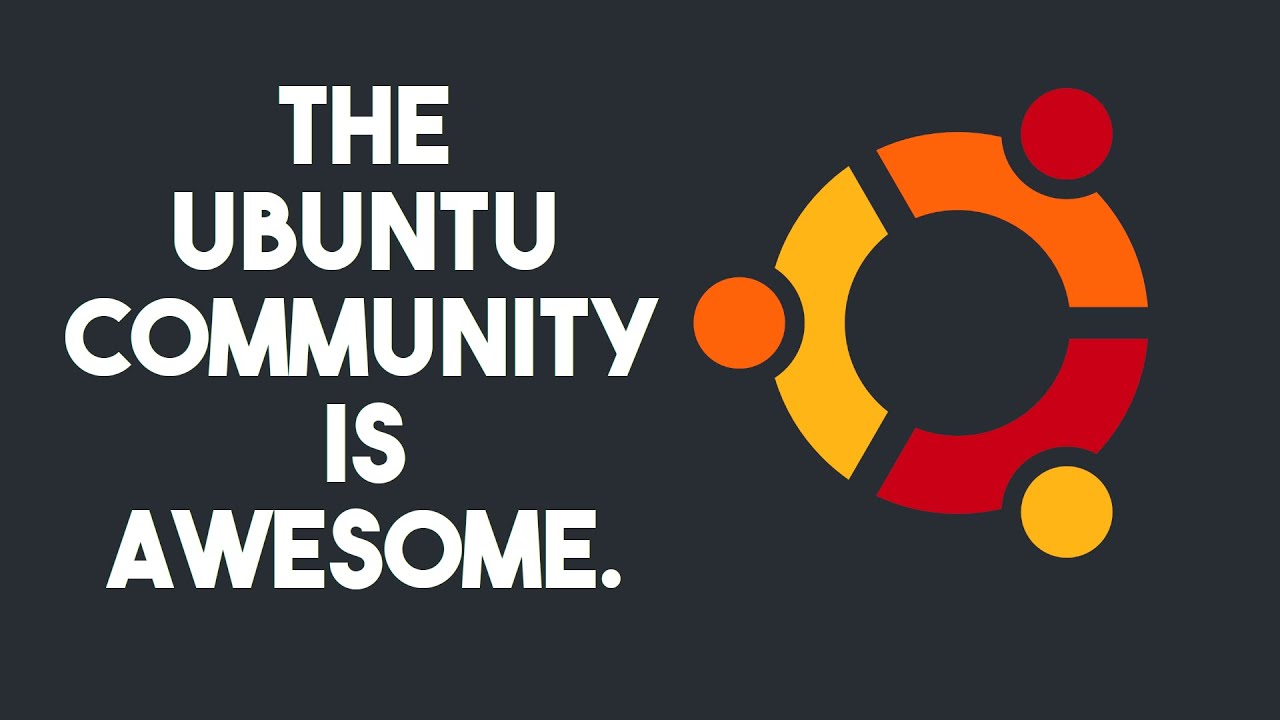 The Heart of Ubuntu: Its Community and Users
The Heart of Ubuntu: Its Community and Users
As we raise a toast to 20 years of Ubuntu, I cannot help but feel grateful for the positive changes it brought to my computing environment. Cheers to many more years!












